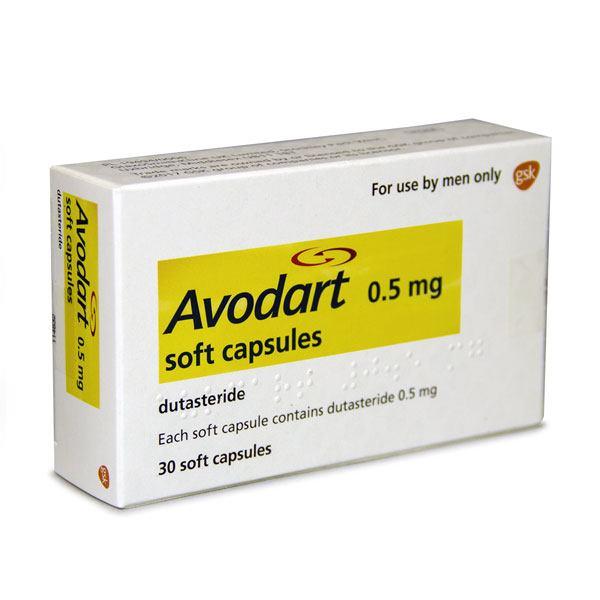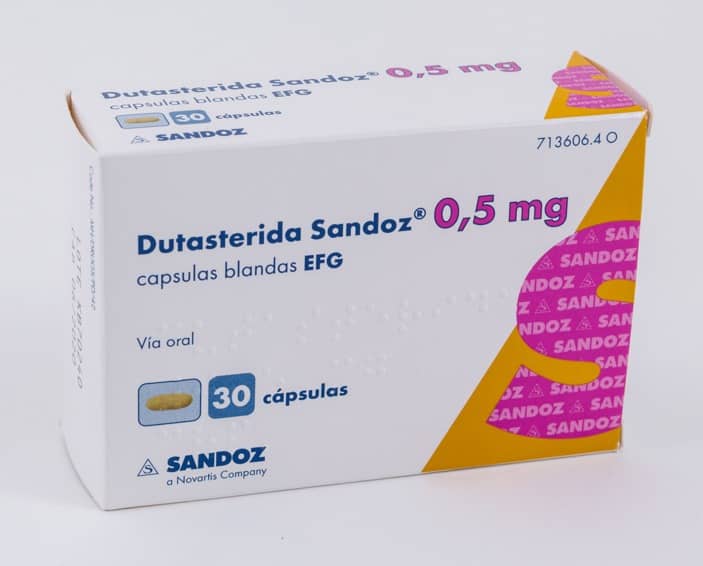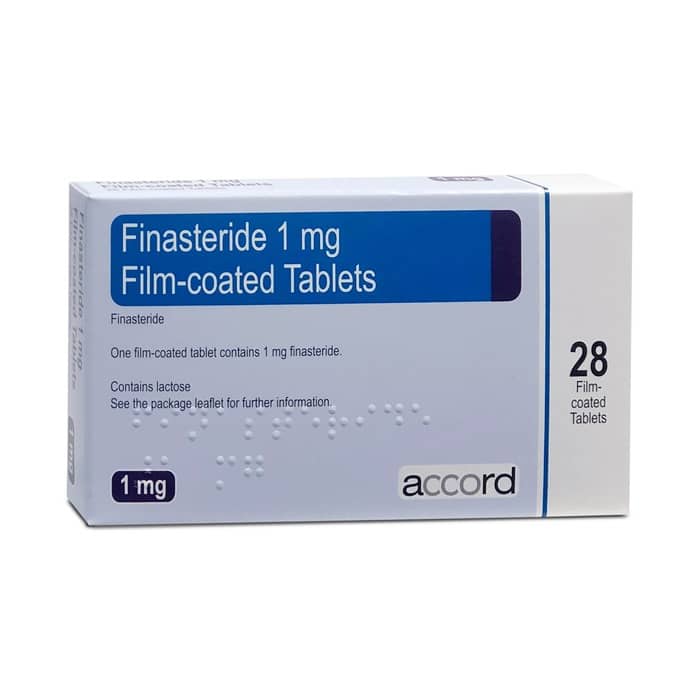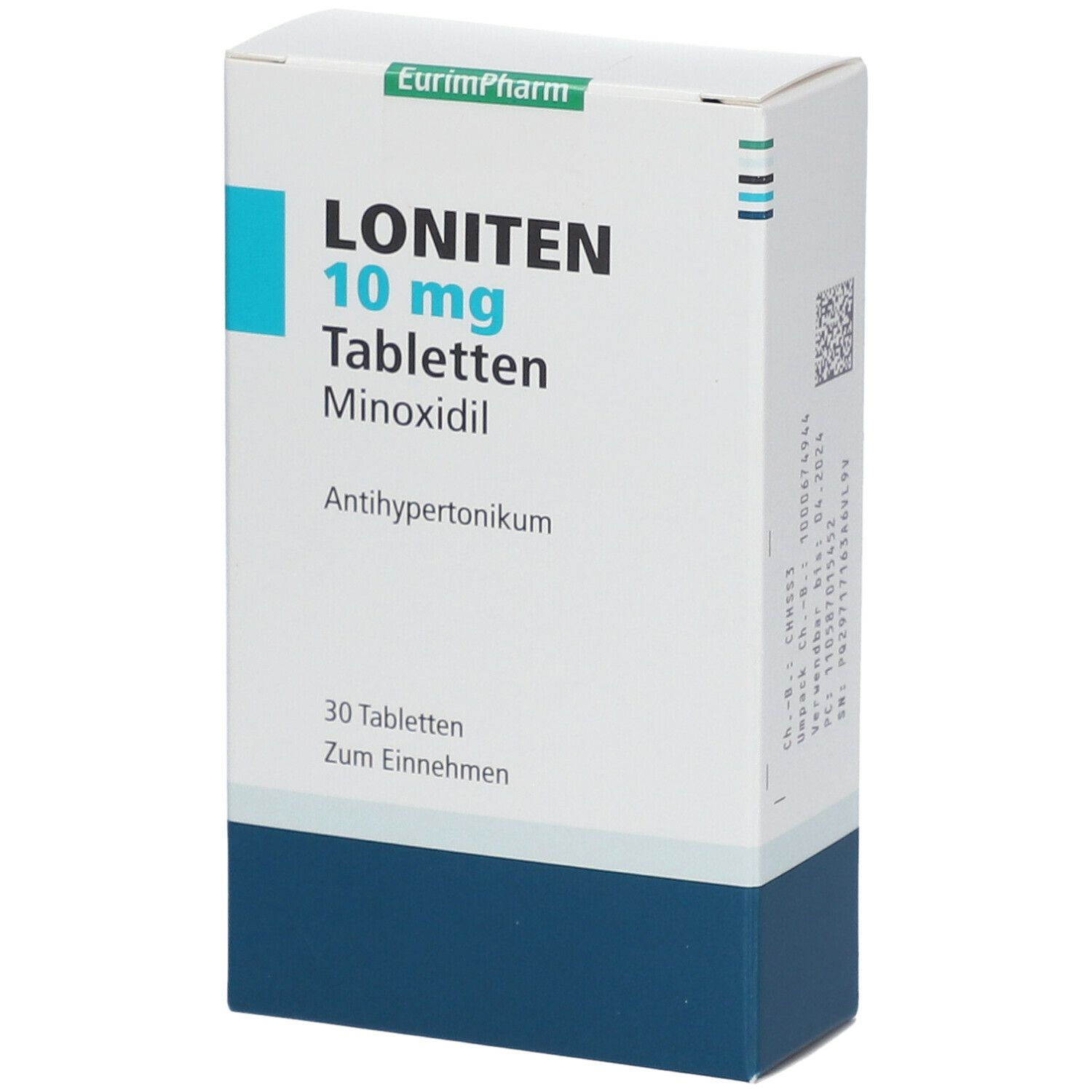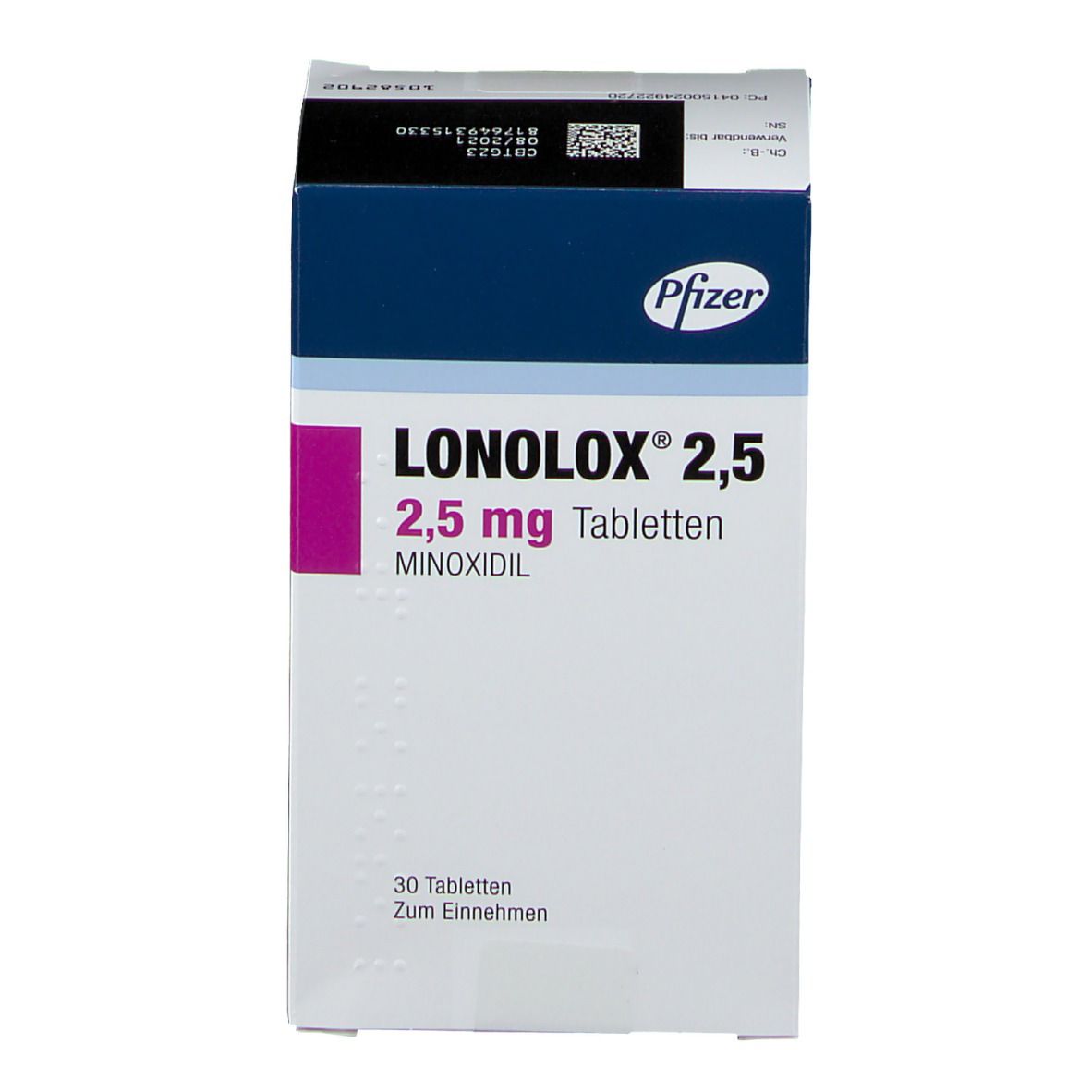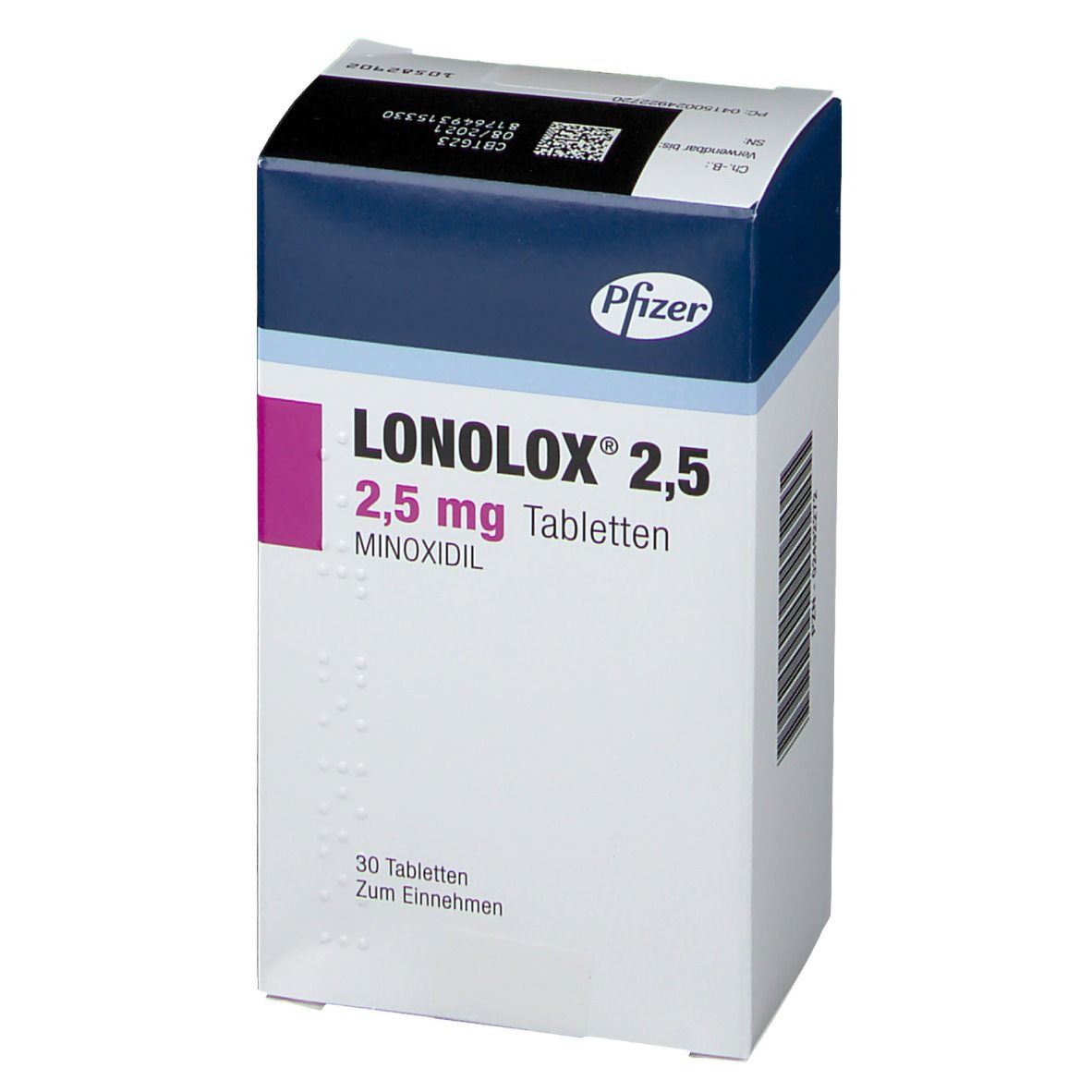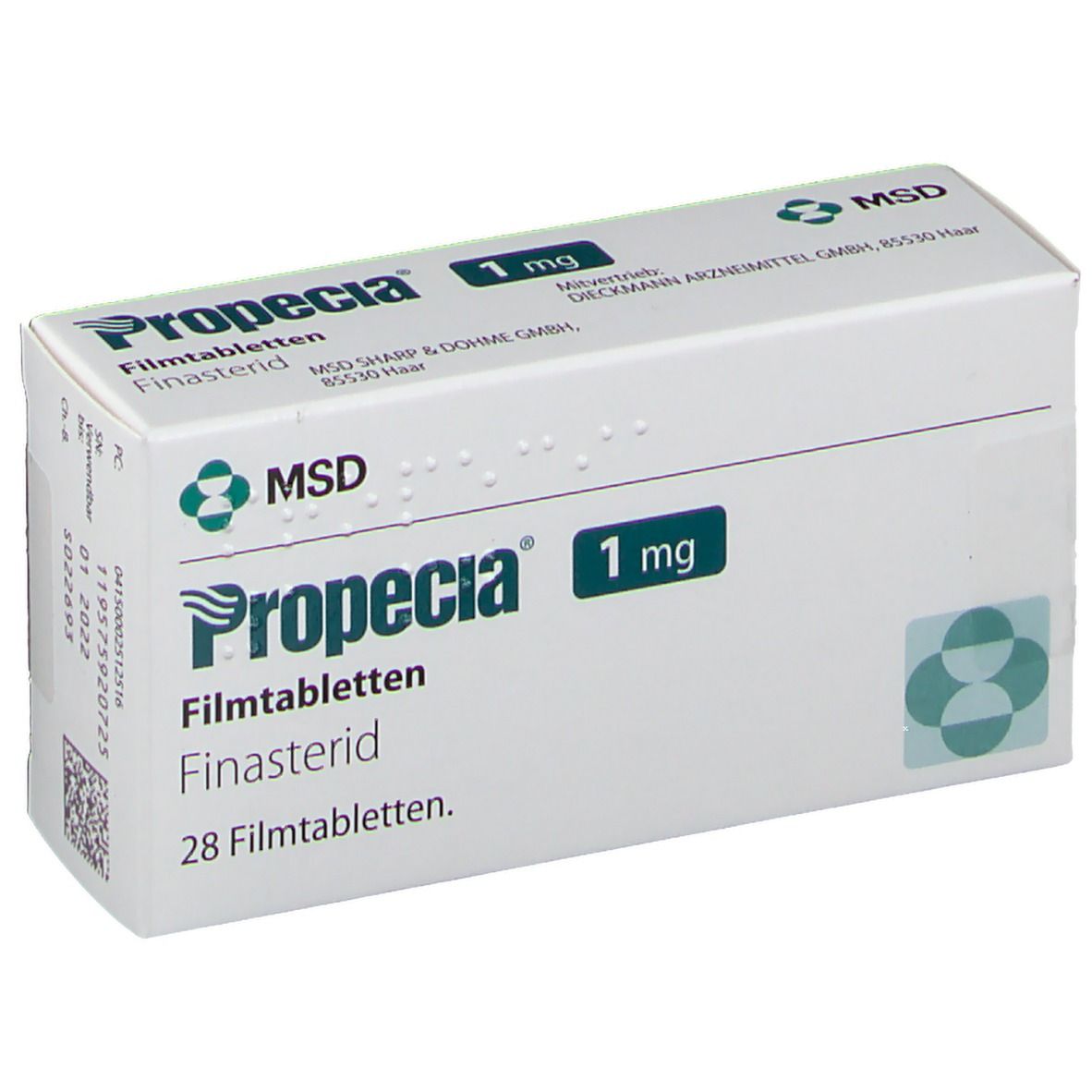HAIR LOSS
Hair loss, also known as alopecia, is a common condition that can affect both men and women. It can be caused by a variety of factors, including genetics, hormones, medical conditions, and certain medications. While there is no cure for hair loss, there are a number of licensed medications that can help slow down or even reverse the process.
One of the most well-known prescription medications for hair loss is finasteride, which is sold under the brand name Propecia. Finasteride is a type of medication known as a 5-alpha-reductase inhibitor, which works by blocking the enzyme that converts testosterone into dihydrotestosterone (DHT). DHT is a hormone that plays a key role in male pattern baldness, and by blocking its production, finasteride can help to slow down hair loss and even stimulate new hair growth.
Minoxidil, sold under the brand name Rogaine, is another widely used prescription medication for hair loss. Minoxidil is a topical solution that is applied directly to the scalp, and it is thought to work by increasing the blood flow to the hair follicles and stimulating new hair growth. Minoxidil is available in both a foam and a liquid form, and it is most effective when used on the crown of the head and the temples.
Another prescription medication for hair loss is dutasteride, which is sold under the brand name Avodart. Like finasteride, dutasteride is a 5-alpha-reductase inhibitor, but it is more potent and has a longer half-life. As a result, it may be more effective at slowing down hair loss and stimulating new hair growth, but it is also more likely to cause side effects.
In addition to these medications, there are several other prescription medications that are used to treat hair loss, including:
- Cyproterone acetate: This medication is often used in combination with estrogen to treat male pattern baldness in women. It works by blocking the effects of androgens (male hormones) on the hair follicles.
- Spironolactone: This medication is a diuretic that is sometimes used to treat hair loss in women. It works by blocking the effects of androgens on the hair follicles.
- Eflornithine: This medication is a topical cream that is used to treat excessive facial hair growth in women. It works by inhibiting the enzyme responsible for the synthesis of ornithine decarboxylase, which is necessary for hair growth.
- Corticosteroids: These medications are used to treat a variety of conditions, including alopecia areata (an autoimmune disorder that causes hair loss). They work by reducing inflammation and suppressing the immune system, which can help to stimulate new hair growth.

